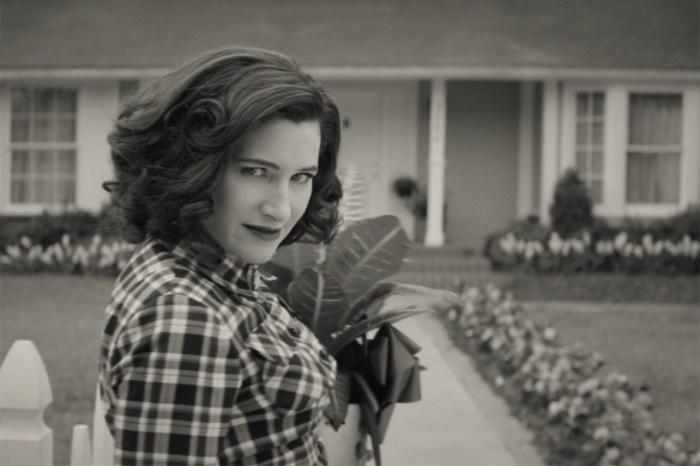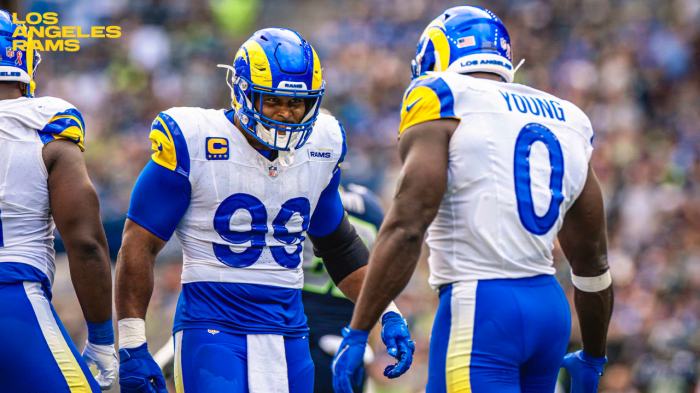What is the significance of “Agatha All Along” in episode 5 of WandaVision? This catchy tune, with its darkly whimsical lyrics and haunting melody, marks a turning point in the series, revealing the true nature of Agnes, the seemingly harmless neighbor.
It’s a moment that sends shockwaves through Westview, forcing Wanda to confront the hidden truths behind her reality. The song isn’t just a musical interlude; it’s a powerful narrative device that reveals Agatha’s hidden agenda and throws Wanda’s entire world into chaos.
The song’s origins are rooted in the sitcom genre, a nod to the show’s format. The lyrics, however, subvert sitcom conventions, offering a sinister twist on the usual lightheartedness. Agatha’s motives are laid bare, her manipulative nature revealed through lyrics like “It was Agatha all along,” a line that sends chills down the spine.
The song’s placement during a commercial break, a seemingly innocuous moment, adds to the jarring effect, emphasizing the sudden shift in the narrative.
The Song’s Origins and Context
“Agatha All Along” is a catchy tune that perfectly captures the sitcom aesthetic, yet it also serves as a chilling subversion of the genre’s conventions. The song’s origins lie in the minds of the show’s composers, Kristen Anderson-Lopez and Robert Lopez, who are known for their work on other popular Disney projects like “Frozen.” The song’s playful, almost whimsical melody immediately draws the viewer in, echoing the lighthearted tone of classic sitcoms.
However, the lyrics cleverly reveal a darker truth, ultimately transforming the song into a sinister revelation.
The Song’s Sitcom Style and Structure
The song’s musical style and structure are heavily influenced by the sitcom genre. It follows a simple, repetitive structure, similar to the catchy theme songs of many classic sitcoms. The lyrics are also witty and clever, with a playful tone that further reinforces the sitcom aesthetic.
The song’s use of a simple, catchy melody with a fast tempo, reminiscent of classic sitcom theme songs, further emphasizes its sitcom style. However, the song also deviates from typical sitcom music in its use of unexpected chord changes and dissonant harmonies.






